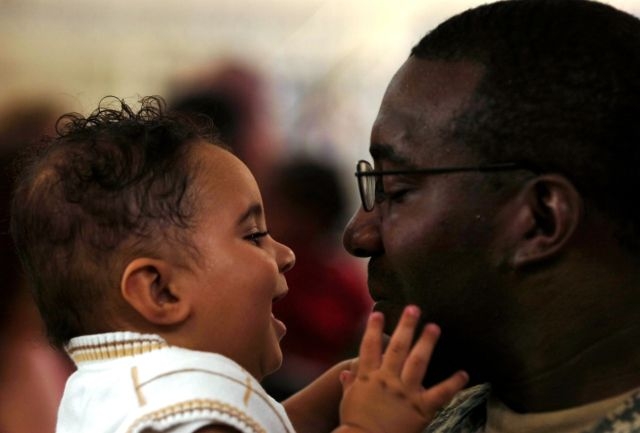
Top 10 Blog Posts of 2014
We can’t believe we’re finding ourselves at the end of yet another awesome year. While 2014 has flown by, there’s still time to slow










Washington Area Women’s Foundation mobilizes our community to ensure that economically vulnerable women and girls of color in the Washington, D.C. region have the resources they need to thrive. Since 1998, The Women’s Foundation has worked to transform the lives of women and girls in our region and across the world.
© 2023 Washington Area Women’s Foundation
Washington Area Women’s Foundation mobilizes our community to ensure that economically vulnerable women and girls of color in the Washington, D.C. region have the resources they need to thrive. Since 1998, The Women’s Foundation has worked to transform the lives of women and girls in our region and across the world.
© 2023 Washington Area Women’s Foundation